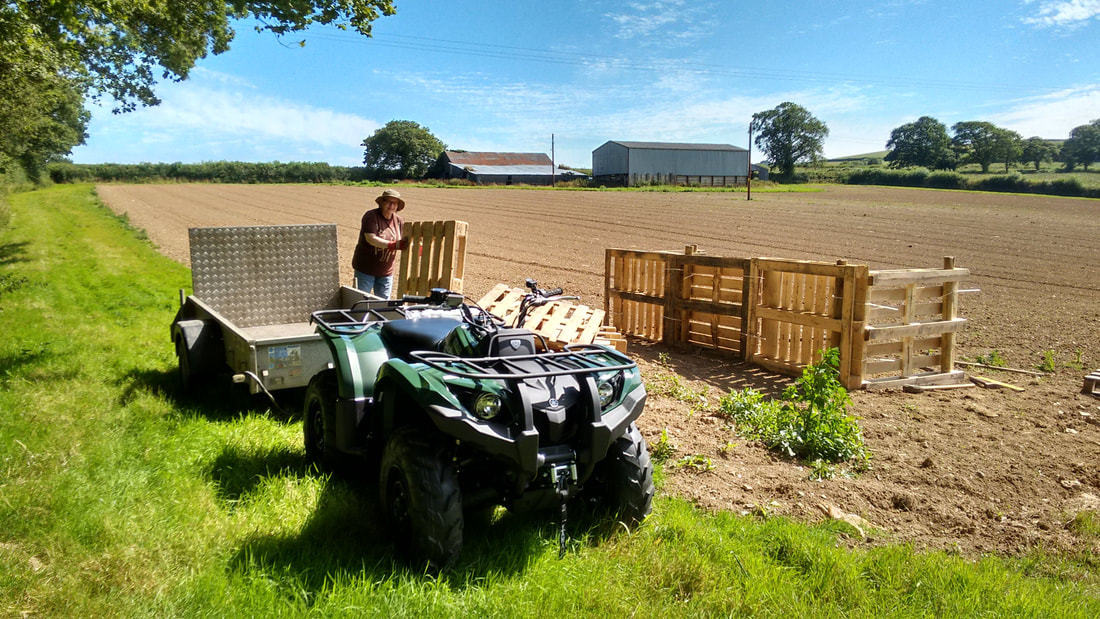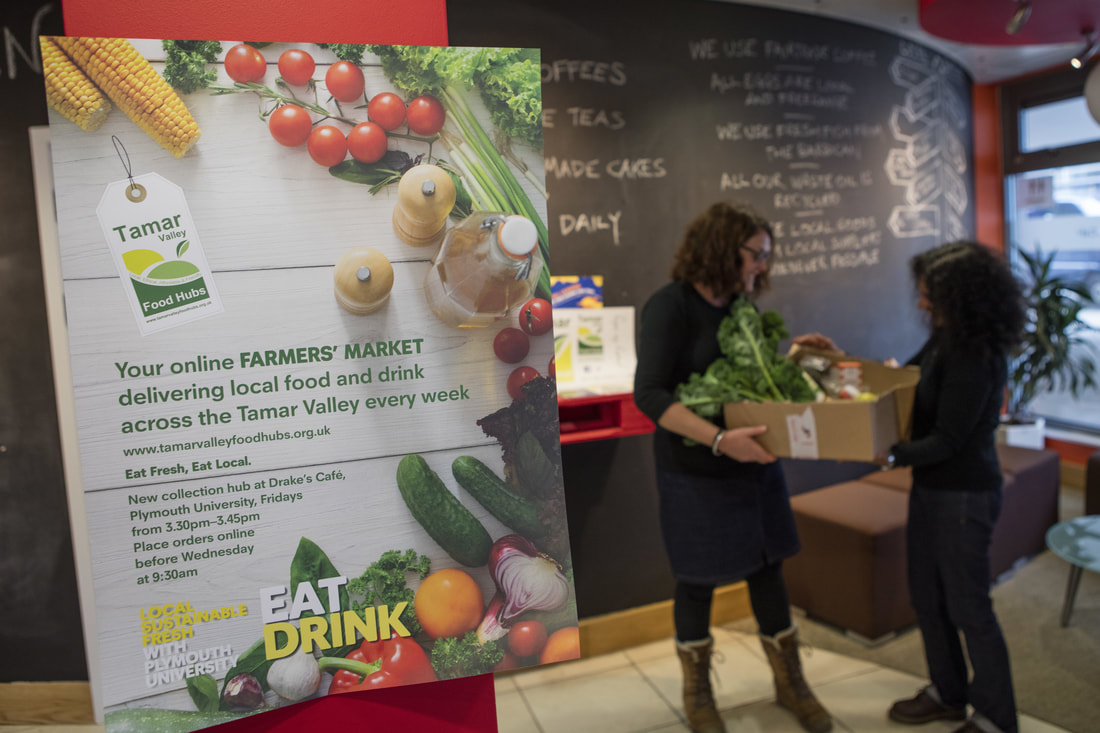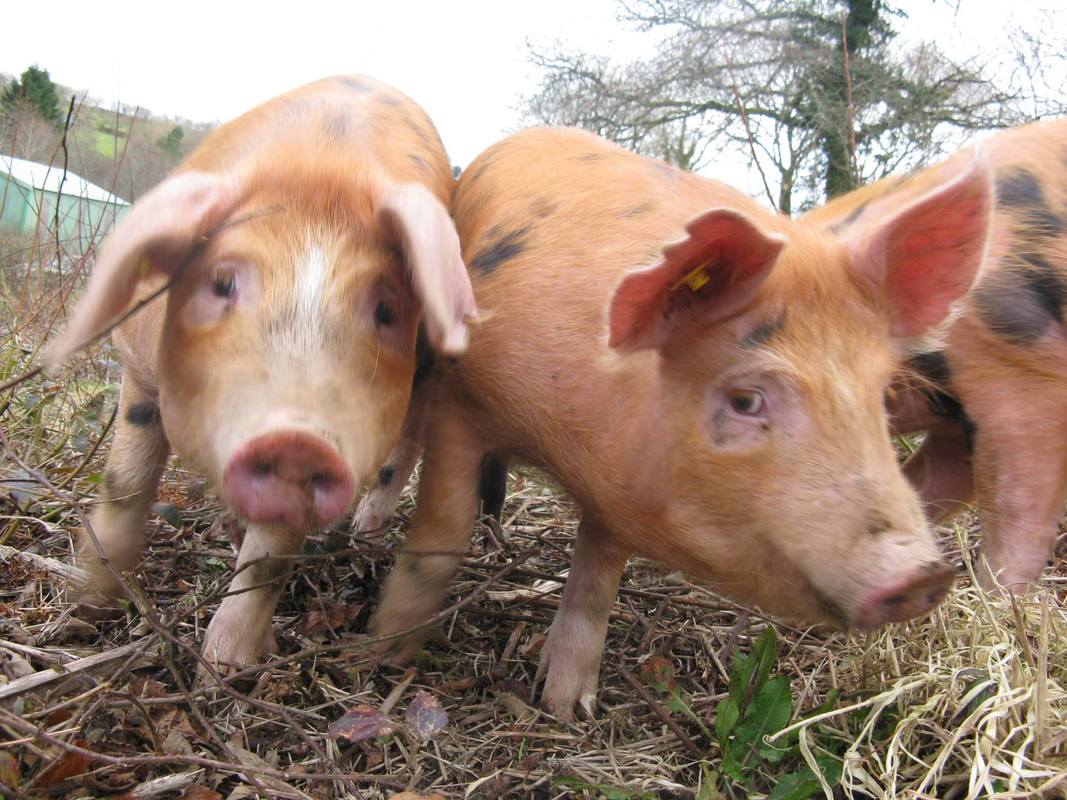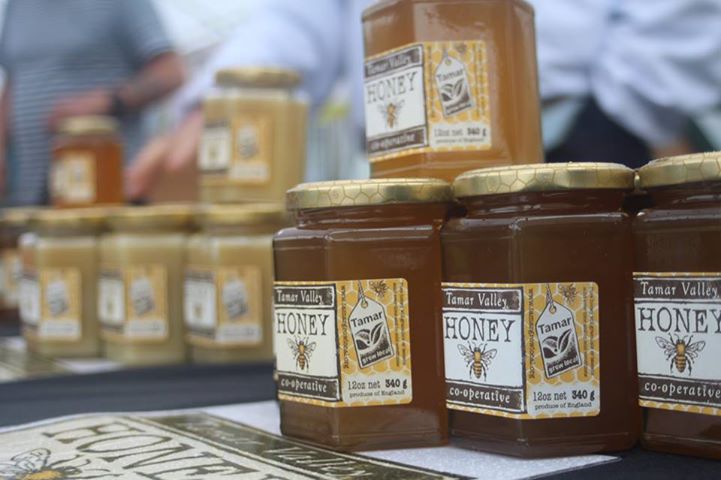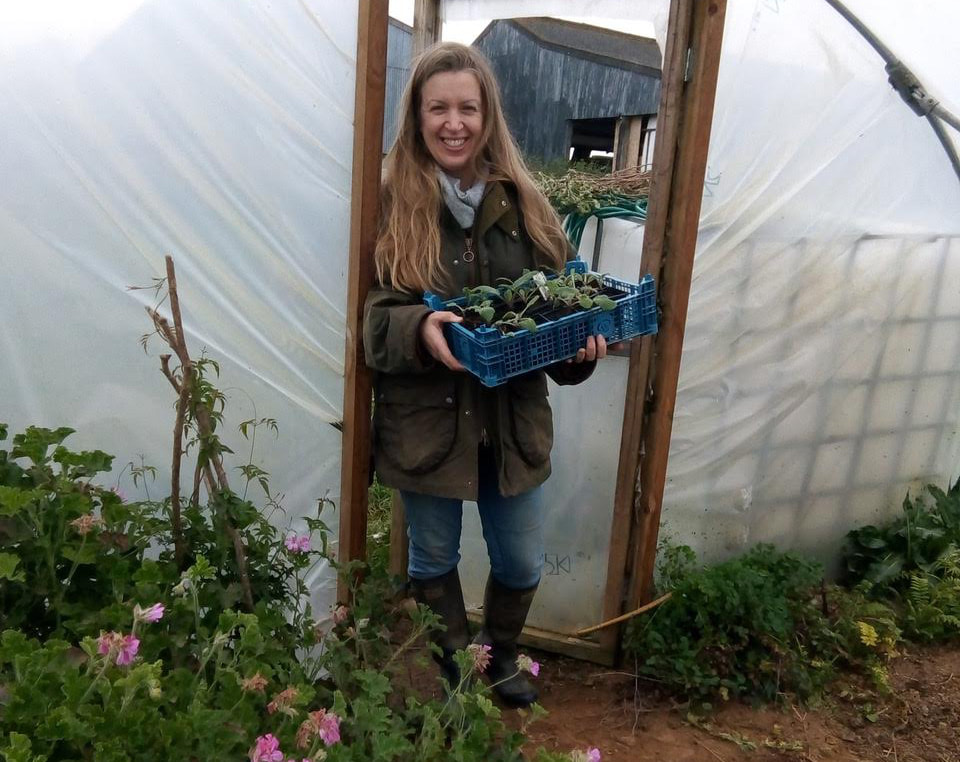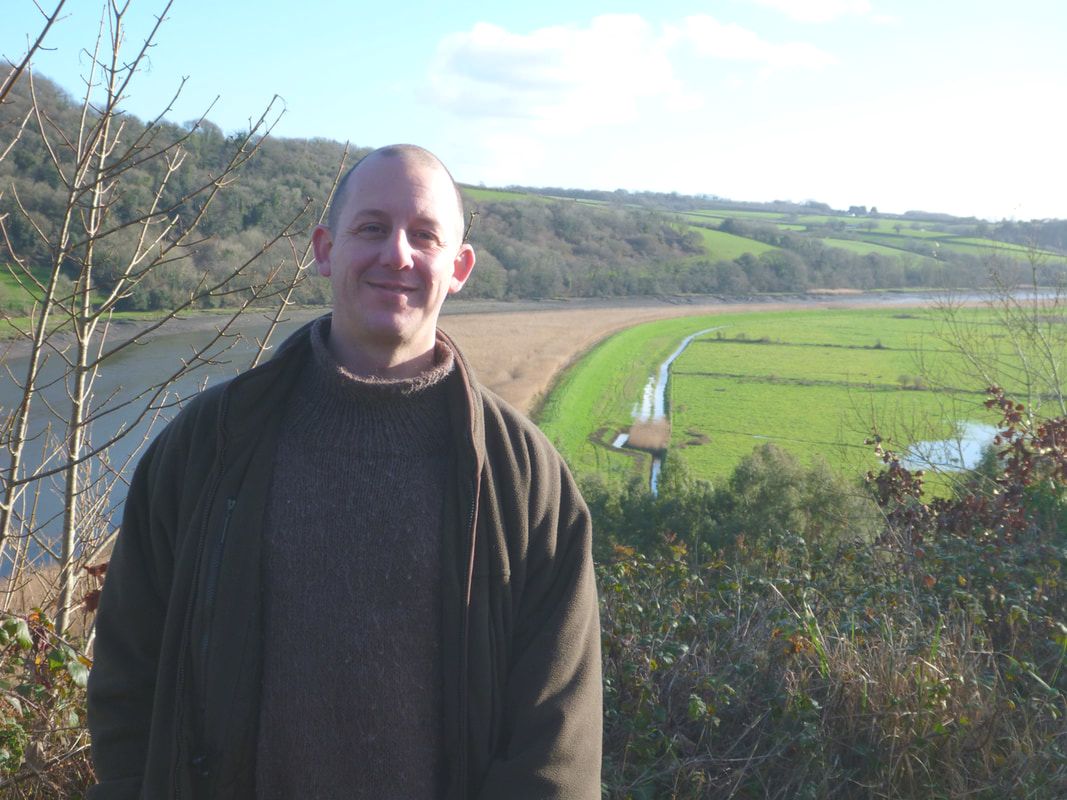|
TAMAR GROW LOCAL'S STRATEGY
Tamar Valley Food Hubs
An online marketplace for food grown locally in the Tamar Valley, addresses the burden of marketing and distribution, enabling farmers to focus on production. Harrowbarrow and Metherell Community Orchard
Three distinct food producers achieve their individual goals while providing social and ecological benefits to one another. Multiple food producers operating under single brands access wholesale markets through collaboration rather than competition. Farm Start
Provides startup support, land access, and basic infrastructure for fledging farm businesses. Grow, Share, Cook
Operated in collaboration with the city of Plymouth, creates a market for a rural producer network that addresses food security in the city while providing education around healthy eating. |
TAMAR GROW LOCAL
|
